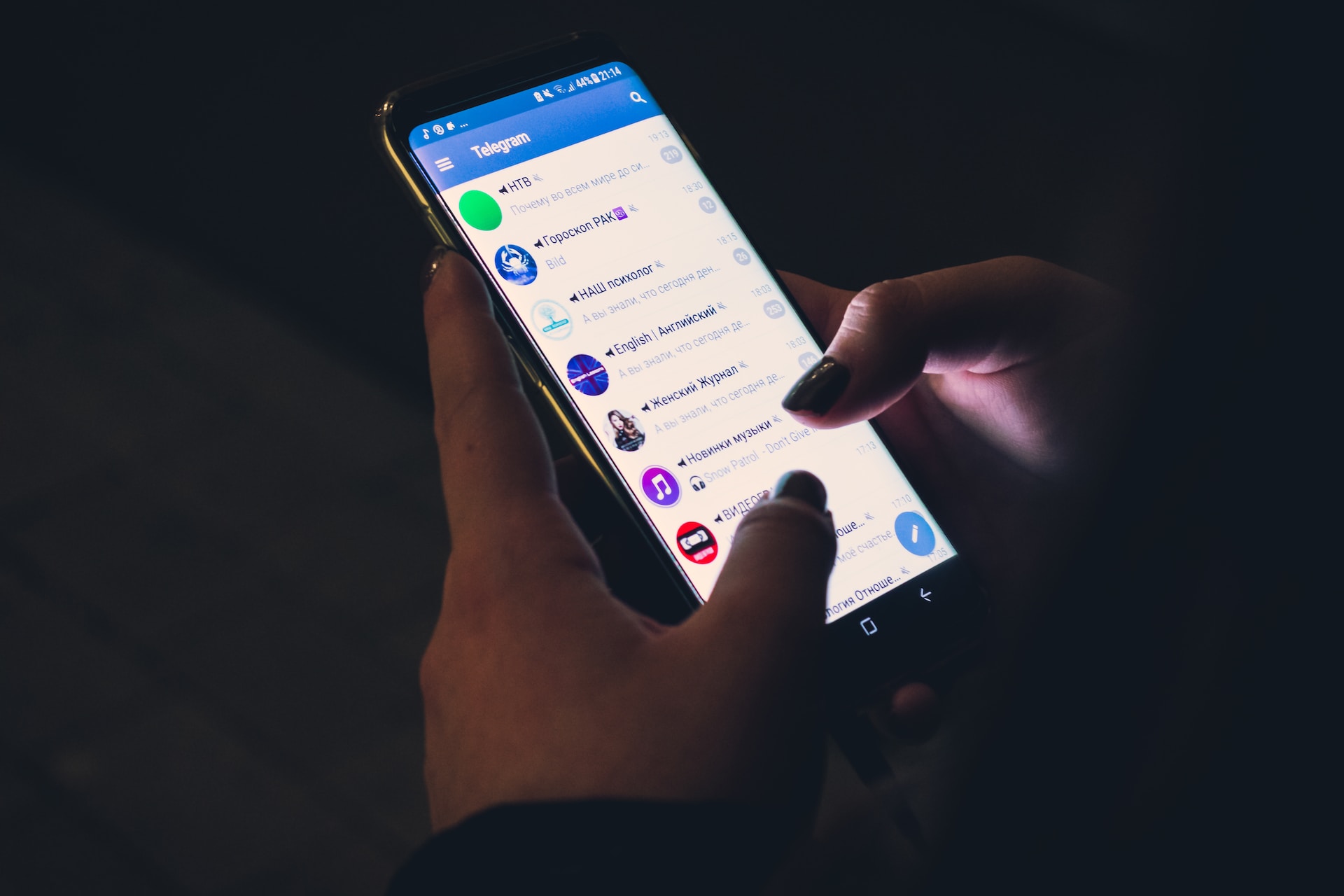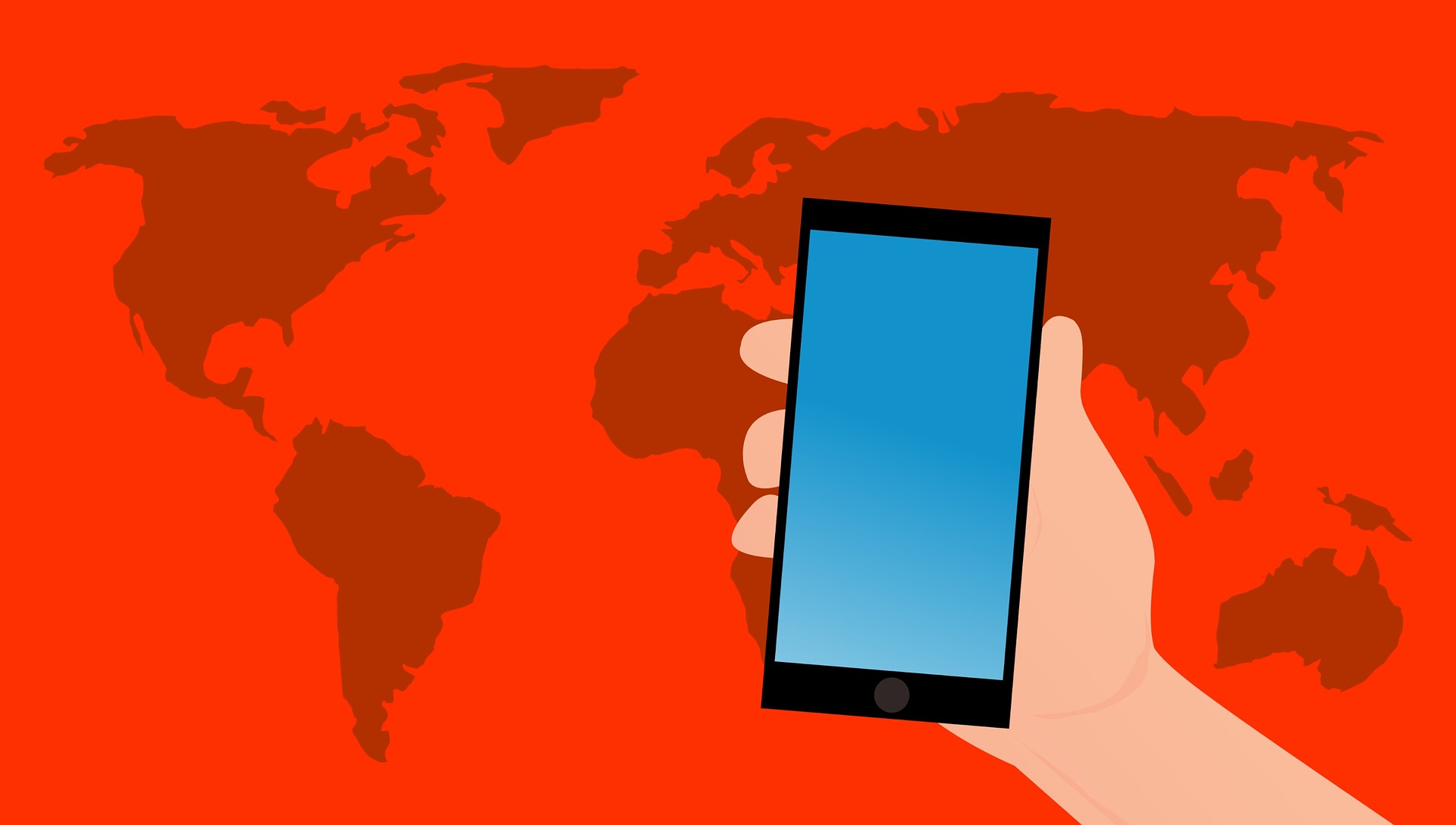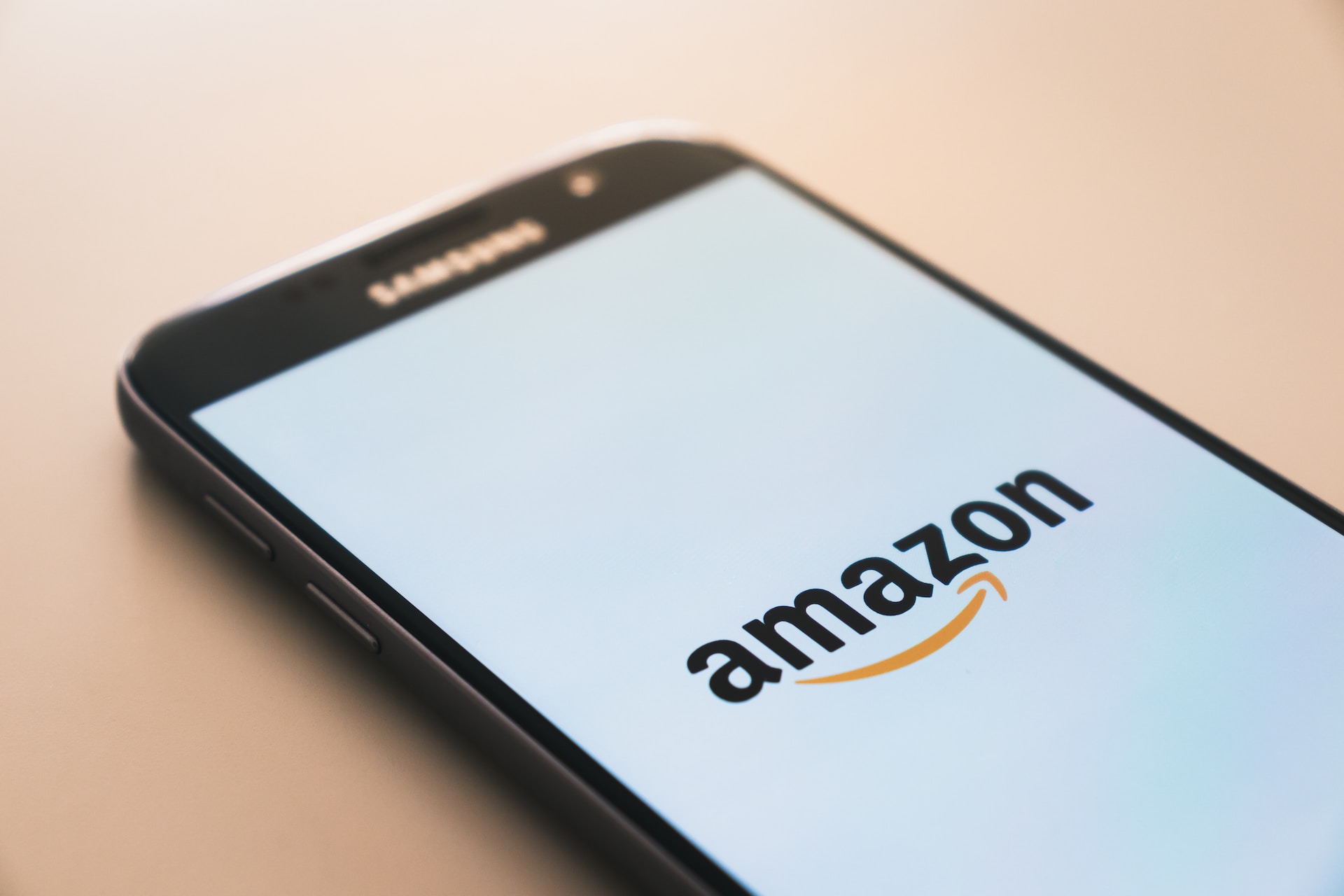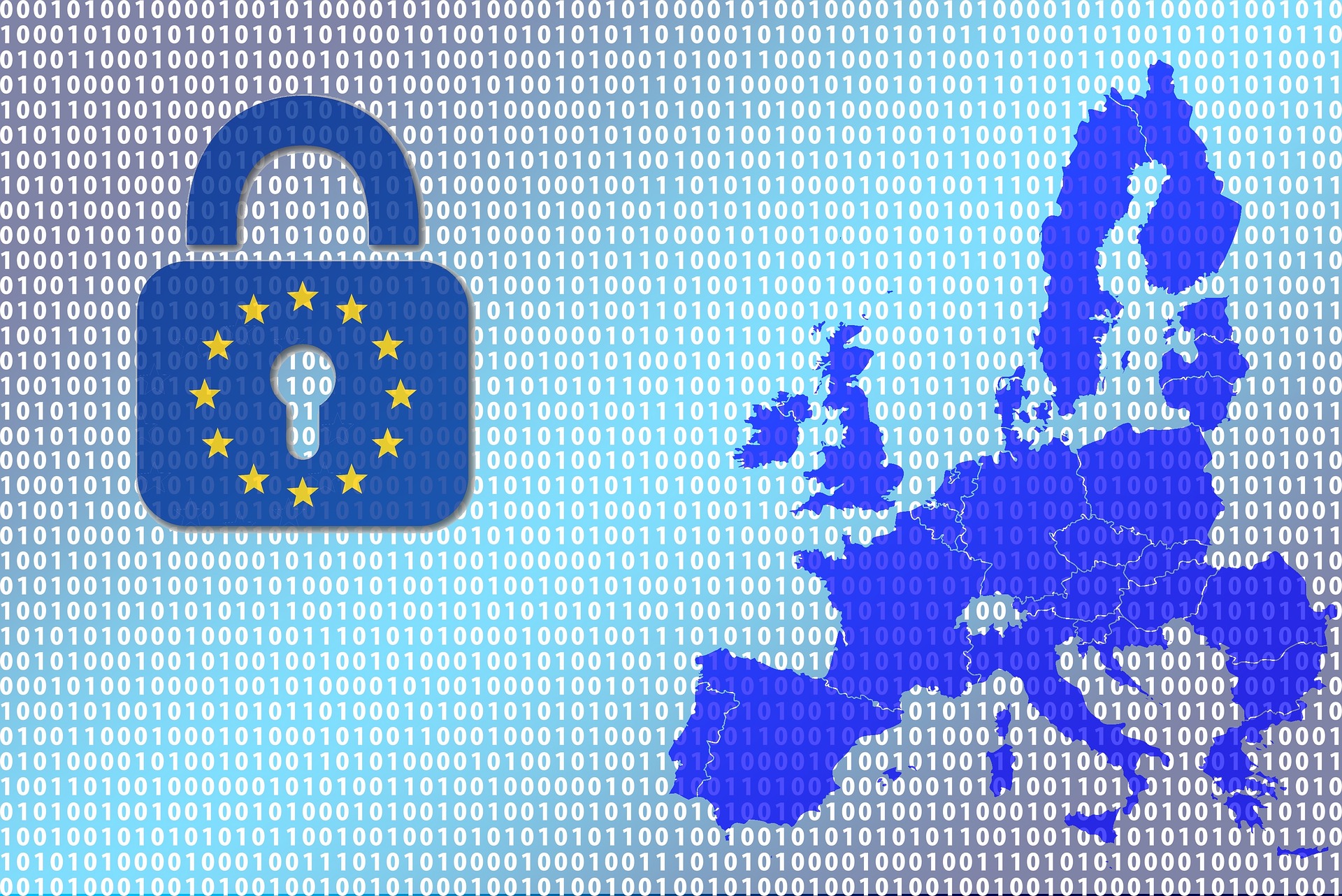Malicious actors have successfully distributed counterfeit versions of Telegram on Google Play targeting Chinese users, infecting over 60,000 Android phones with spyware. Data such as user messages and contact lists were stolen. These deceptive applications were uncovered by Kaspersky, who
Latest News: Privacy
Google is introducing a new safety feature called “unknown tracker alerts” for Android users, which was initially announced in May. With this feature, Android users will now be automatically alerted if unknown Bluetooth trackers are detected by their device. If a tracker is detected, they will be
Spyhide, an Android spyware app developed in Iran, has silently collected private phone data from tens of thousands of Android devices worldwide. Operating as stalkerware, it discreetly installs on victims' phones, remaining hidden on the home screen to avoid detection and removal. Once installed,
Threads, Meta’s rival to Twitter that was released on July 6th, has sparked privacy concerns around the platform’s business model of tracking web users for advertising. These concerns raise doubts about the app's potential launch in the EU, where Meta's claimed legal basis for processing Facebook
In 2022, Meta — the parent company of Facebook, Instagram, and WhatsApp — faced a staggering number of data requests from governments worldwide. According to Meta’s transparency report, these requests amounted to more than 400,000 in total and sought information on over 800,000 users. The
On Monday, the Office of the Director of National Intelligence released a report providing new information on how U.S. intelligence agencies have taken advantage of the commercial availability of data on American citizens. The partially declassified report, dated January 2022, has a redacted author
Microsoft has agreed to pay $20 million to the Federal Trade Commission (FTC) to settle charges regarding the improper collection and storage of childrens’ data via Xbox Live. The FTC alleged that the tech giant collected childrens’ data without their parent’s consent. In some cases, this data was
Amazon has agreed to pay a combined $30.8 million to settle privacy allegations brought forth by the Federal Trade Commission (FTC). The lawsuit revolved around privacy lapses related to Amazon's Ring doorbell units and its Alexa assistant. Of the total settlement amount, $5.8 million will be paid
A leaked document obtained by WIRED reveals that Spain has been advocating for the ban of encryption for millions of people in the EU. The document, a survey conducted by the European Council, provides insights into the opinions of 20 EU Member States regarding encryption regulation and their
According to The Wall Street Journal, Apple has recently imposed restrictions on its employees surrounding the use of generative AI tools, such as OpenAI's ChatGPT. The company's concerns revolve around the potential for confidential information to be collected and potentially leaked through these









